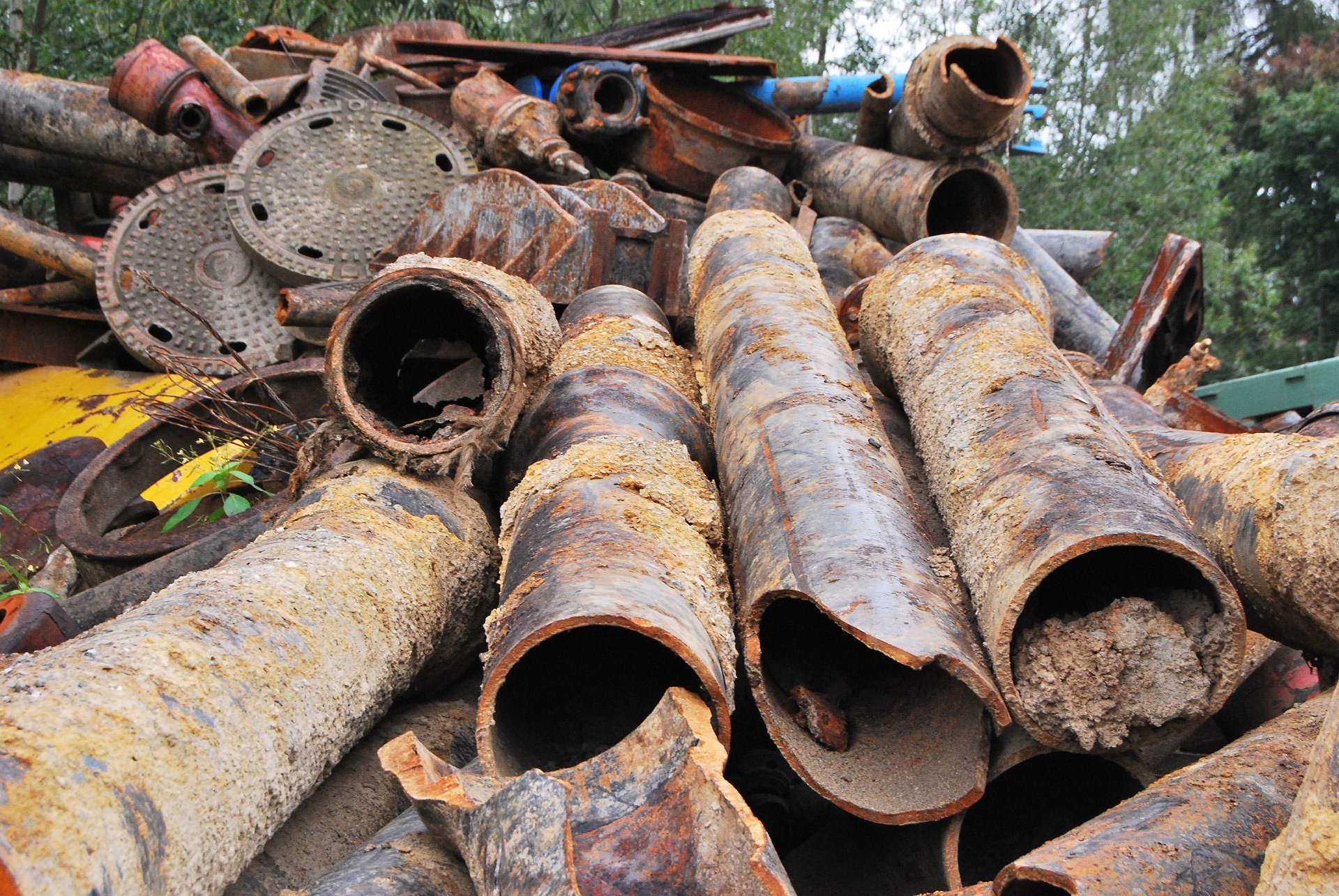The transportation industry has evolved and diversified, pivotal in various sectors. One area it supports is the movement of scrap materials. Efficient and effective transportation of scrap materials has gained prominence thanks to the increasing focus on sustainability and recycling. In a world where waste reduction is not just an environmental priority but also an economic one, understanding the logistics behind moving these materials can help businesses maximize their potential and minimize their carbon footprint.
Transportation Of Scrap Metals

Shipping Scrap Metals: Risks and Considerations
Though often deemed waste, scrap metals are valuable commodities in the recycling industry. As they pave the way for sustainable resource utilization, understanding the challenges of shipping them becomes paramount. Whether it’s the heavyweight, the sharp edges, or the specific regulations governing their transport, shipping scrap metals comes with risks and considerations.
Physical Risks:
- Sharp Edges and Protrusions: Scrap metals can have sharp edges that can damage other cargo, vehicles, or personnel. These can cause punctures, cuts, or other injuries during the loading, transit, and unloading.
- Weight Concerns: Due to their dense nature, scrap metals can significantly stress transport vehicles and infrastructures, requiring specialized handling equipment and substantial containers.
Environmental Risks:
- Corrosion and Leaching: Certain scrap metals can corrode and release hazardous materials during transit, especially when exposed to moisture. This can pose environmental risks if not appropriately contained.
Regulatory and Compliance Risks:
- Varied Regulations: Different regions and countries have specific regulations for transporting scrap metals, especially if they are considered hazardous. Non-compliance can lead to significant penalties.
- Documentation: Proper documentation certifying the scrap metals’ type, origin, and destination is often required. Inaccuracies can lead to shipment delays or legal issues.
Economic Risks:
- Fluctuating Market Values: The value of scrap metals can fluctuate based on global demand. Delays in shipping can sometimes lead to financial losses if the value drops before the shipment reaches its destination.
Security Risks:
- Theft: Given the value of certain scrap metals, such as copper, thieves can target shipments if not adequately secured.
Specialized Equipment and Handling:
- Handling Equipment: Scrap metals often require specialized equipment for loading and unloading, like magnets and heavy-duty cranes.
- Special Containers: Scrap metals must be transported in specialized containers to prevent environmental hazards.
Scrap Metal Transportation with Transport And Freight Solutions
We boast a rich history of expertise in transporting diverse types of Scrap Metal, such as:
- Copper wires, tubes, and coils
- Brass materials
- Bronze elements
- Iron filings and turnings
- Stainless steel varieties
- Both insulated and bare cabling
- ACR components
- AL Thermopane materials
- Mechanical residues and by-products
- Aluminum shavings and molded aluminum
- Drink packaging
- Radiator units
- Building sidings
- Wheel rims
- Cast iron items
- Communication cables
